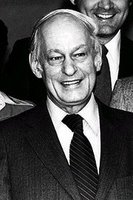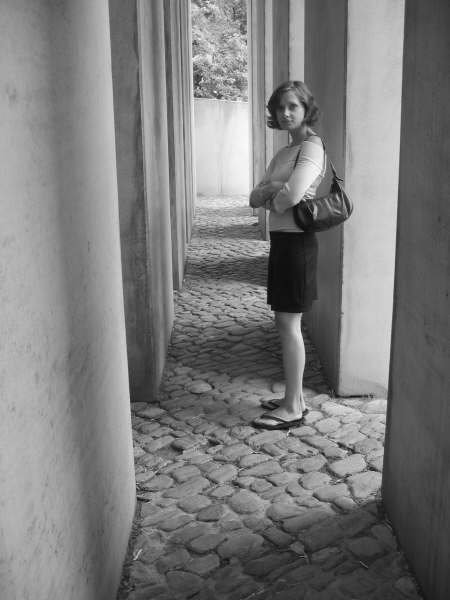 Two years ago, some of my fellow Concordia history grad students and I organized a conference entitled "Nations, Nationalism, and National Identity." Ambitiously, we asked Benedict Anderson to be a keynote speaker. He respectfully declined. Instead, Jocelyn Létourneau came.
Two years ago, some of my fellow Concordia history grad students and I organized a conference entitled "Nations, Nationalism, and National Identity." Ambitiously, we asked Benedict Anderson to be a keynote speaker. He respectfully declined. Instead, Jocelyn Létourneau came.This week's focus on history and nation-building recalled my experience of working on that conference. Aside from Létorneau, I don't remember any presenter speaking on identity and history in Quebec. Thinking back on that fact now, I find it really surprising. What surprises me even more is the fact that none of the members of the organizing committee (myself included) even noticed this void at the time [1]. Our history conference, held in the middle of downtown Montreal, in a province where every licence plate reads "je me souviens," almost entirely failed to shed light on history and nation-building in Quebec.
Was that a failure on our part? Should our location and context have made us responsible for increasing emphasis on the Quebec case? [2]. At the time, I was taking a course on Public Memory in Canada, taught by Ronald Rudin (who stars in Lorenz's study) [3]. One of the essays we read in that course was Nelles' work on the Tercentenary of the Founding of Canada [4]. Shouldn't our event's lack of Quebec-ness have resonated with me?
When do people reflect on their identity? And when do they couple history with that reflection? Is it only when, as in Nelles' study, they're involved in nation-building? What about the majority of the population - those of us who haven't made front page news (like René Lévesque) for our nation-building activity? Sure, we may think on our history and identity in times of crisis (such as during a World War, or a referendum on sovereignty when identity is threatened). What about at other times, though? It didn't occur to my friends and I to think about how our own history and sense of identity could affect the way we shaped our conference. Létourneau and Moisan's conclusions corroborate my experience. Their study of the persistence of a dated historical memory in Quebec infers that young people haven't been thinking actively, or independently, about history, nation-building and community identity.
I am interested to hear my colleagues' views on communities' historical consciousness. Do we keep our sense of historical identity on the back-burner? If so, when do we call on it? In those instances, what do we use it for? How can we (as public historians) facilitate communities' use of history for constructive ends?
----------------------------------------------------------------------------
1. I would guess that at least half of my fellow history grad students were from Quebec. I can't, therefore, say that our topical void was the result of a bunch of oblivious Ontarians working on the project!
2. That a university, or museum has at least some responsibility to teach about the history of its vicinity is a thought that keeps rattling around in my head. Someone expressed this idea in class a few weeks ago, when we were talking about the McCord. I can't remember who it was - my apologies! - but thank you for sharing it. I think it's a really important notion.
3. Chris Lorenz, “Toward a Theoretical Framework for Comparing Historiographies: Some Preliminary Considerations,” Theorizing Historical Consciousness, ed. Peter Seixas (Toronto: University of Toronto Press, 2004), 25-48.
4. HV Nelles, “Historical Pageantry and the ‘Fusion of the Races’ at the Tercentenary of Quebec, 1908,” Histoire sociale / Social History 29 no.58 (November 1996), 391-416.

No comments:
Post a Comment